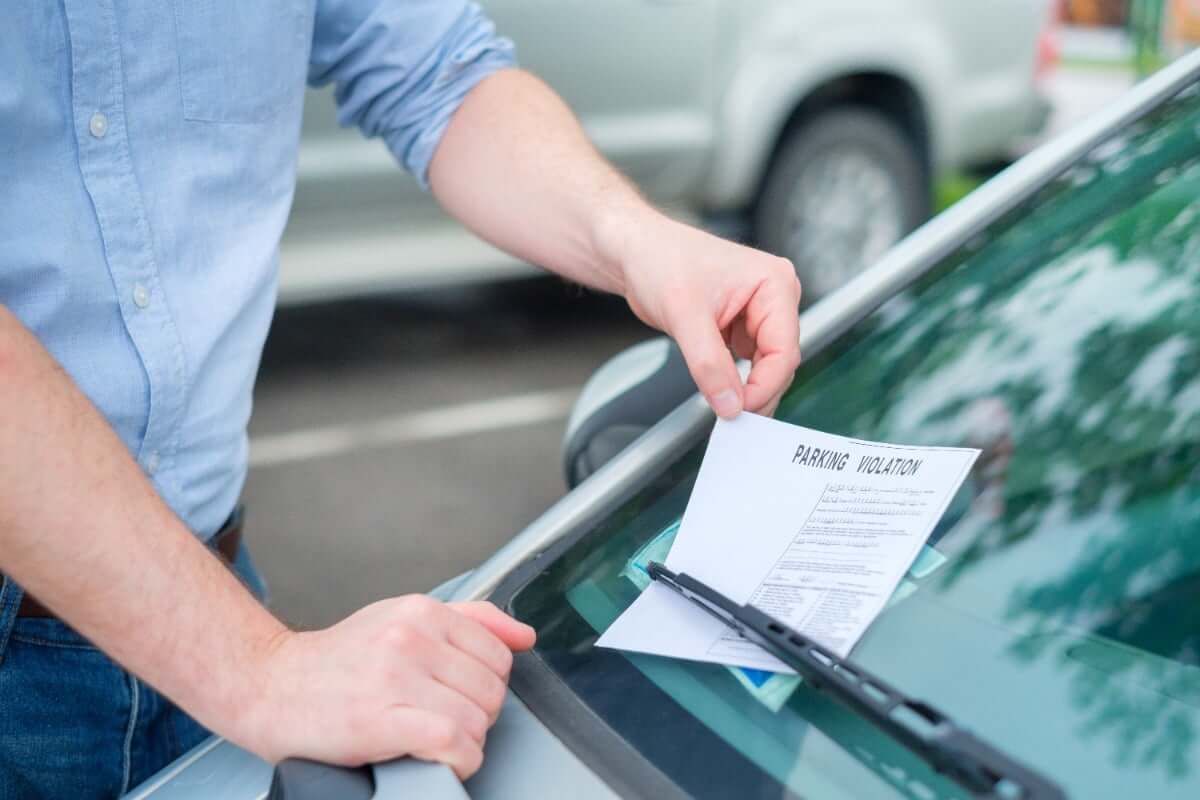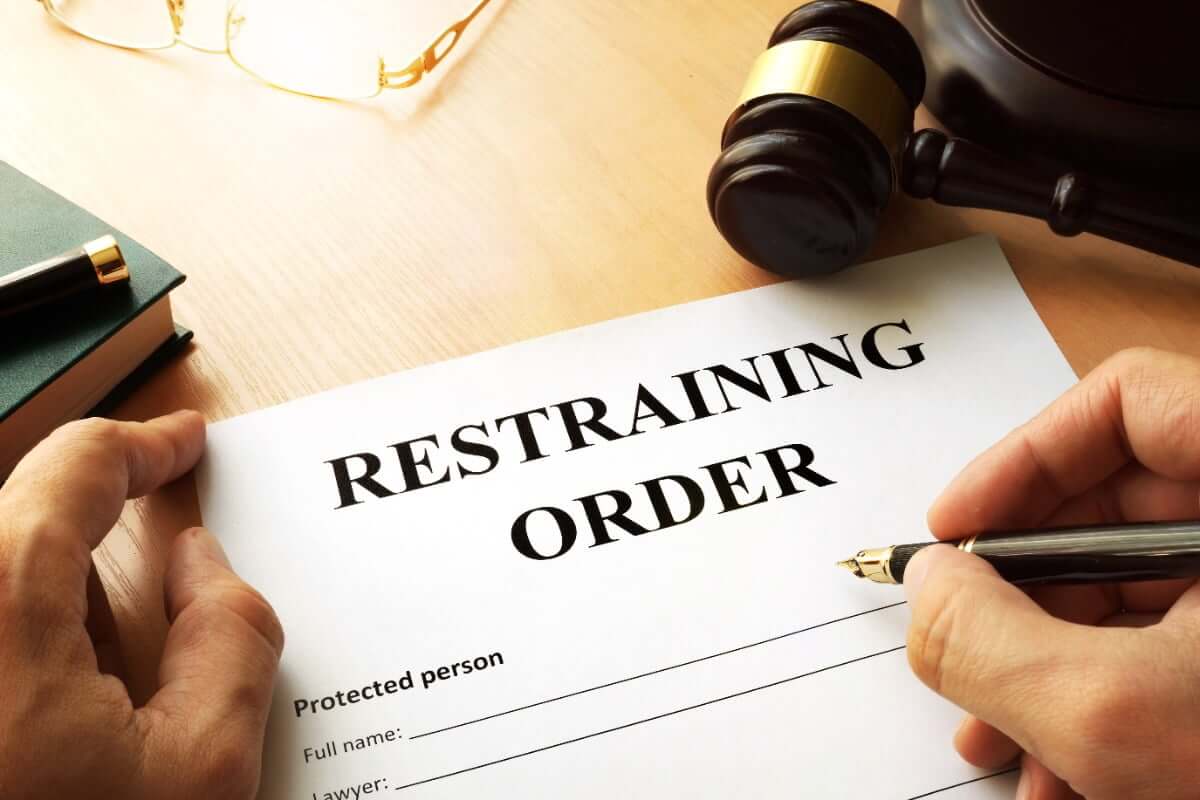If you’re looking for a company with experience, fair pricing, and a commitment to customer service, look no further than Delta Bail Bonds.
Why Shoplifting Is a Common Crime During the Holidays
Have you been caught shoplifting? The holidays can be a stressful time. There are festivities left and right, dinners, and gifts. These days aren’t as magical as when we were kids. We used to just receive gifts and free food. As an adult, you are in charge of buying everyone gifts, hosting the holidays, and preparing meals. These months are a financial burden for many people. It’s no surprise that shoplifting spikes during the holidays. Here are some of the main reasons shoplifting is a common crime right now, and what you can do if you or a loved one got arrested.
Stores Are Packed
The holiday season brings a lot of foot traffic into the stores. People are buying their loved ones gifts, and stores have many discounts and holiday deals. Aisles are packed, lines are long, and it may seem like a perfect opportunity to steal a couple of items. Who’s going to see it anyways right?
Stores will have employees who are just tasked with keeping an eye on shoplifters. So, even though the stores may be packed, there’s no guarantee you won’t get caught.
Employees Are Distracted or Store Is Short-Staffed
Since stores are busy during the holidays, staff may seem distracted by all of the customers. Maybe the staff is busy fixing all of the clothes and items, especially during Black Friday when everyone makes a mess. Sometimes, stores are short-staffed because workers take paid time off to spend the holidays with family and friends.
Financial Trouble
One of the main reasons people resort to shoplifting during the holidays is because of financial trouble. Gift exchanges are part of the holiday traditions. However, there are some families that can’t afford nice fancy gifts or just gifts in general. Due to a financial crisis, shoplifting might seem like the only quick solution.
Other Crimes During the Holidays
Apart from shoplifting, package theft and identity theft are popular crimes during the holidays. Online shopping has increased in popularity over the years and so has package theft. However, the increase in doorbell cameras has slowed it down. When shopping online, people use their personal information to purchase items. Credit information is sensitive information and identity theft is easy to achieve when a person is buying things from a scammer. If you have scammed, shoplifted, or stolen a package, then you will most likely get arrested.
Contact Delta Bail Bonds Today
If you or a loved one is stuck behind bars, give Delta Bail Bonds a call today. Our bondsmen work around the clock, every day of the year including holidays. There is never a good time to get arrested, but during the holidays is an especially worse time. Let’s get you back home so you can spend these days with your family and await trial from home. Everyone makes mistakes and we aren’t here to judge. We keep all information confidential and we are here to answer any questions that arise during the bail process. Give us a call today and let’s get started on your case.
Delta Bail Bonds: Not Just a ‘Bonding Company Near Me,’ But the Best of the Best!
We provide bail bond services to clients in need, and we’re committed to making the process as simple and stress-free as possible.
MCKINNEY BAIL BONDS
Delta Bail Bonds is a McKinney bail bonds company that can help you get through this process as quickly and efficiently as possible.
We Are the Fort Worth Bail Bonds Company That Gets You or Your Loved Ones Out of Jail Fast!
Delta Bail Bonds is a company that offers affordable bail bonds in Texas to help you or your loved one get out of jail quickly.
BAIL BONDS DALLAS TX
Having someone who is knowledgeable and experienced can make a difference, and with Delta Bail Bonds in Dallas TX, that’s the quality of help you get.
Bail Bonds, Bench Warrants, and Collateral: Your Questions Answered
If you have been arrested, you may be feeling overwhelmed. How does bail work? What happens if you can’t post bail? Get help with McKinney TX bail bonds.
Infractions: Understanding the Lowest Form of Crime
Everyone is familiar with misdemeanors and felonies, but many people have probably not heard of the lowest classification of crime… infractions. In this post, we will shed some light on the subject of infractions and point out some of the most common ones that you may be committing.
What Are Infractions?
Infractions are the lowest form of crime. While you are still breaking the law when you commit one, they are usually not as serious as misdemeanors and felonies.
Misdemeanors, more serious than infractions but less serious than felonies, include crimes such as petty theft, drunk driving, vandalism, and trespassing. There are three classes of misdemeanor, Class A, Class B, and Class C, with Class A being the most serious.
Felonies are the most serious crime that you can commit and include acts such as murder, arson, and rape. There are five classes of felonies with “capital felony” being the most serious crime that you can commit. Punishments for felonies can range from fines to the death penalty.
What Are the Penalties for Infractions?
As infractions are less severe than the other two classifications, punishments reflect that. You will usually be hit with a fine and in some cases, community service. Fines will vary on the type of crime as well as which state you are in. For example, in California, the maximum fine for an infraction is $250.
Although infractions are considered less severe crimes, failure to pay the fine associated with or failure to appear in court can result in a misdemeanor, creating a whole new set of problems for you.
Types of Infractions
Speeding
Speeding is when you exceed the posted speed limit in your car. Everyone has sped at some point in their life so this is one of the most common instances of law breaking in the country. Fines for speeding depend on how much you exceeded the speed limit by and whether you are in a school or construction zone.
Jaywalking
Jaywalking is the crime of crossing a street illegally and without regard for oncoming traffic. The most common form of this is walking across a street outside of a crosswalk. Fines for this infraction can be anywhere between $20 to $50.
Parking Violations
If you have ever overstayed your time at a parking meter or parked in an area where it was prohibited, then you have committed an infraction. Fines for parking violations usually cannot exceed $75.
If You or a Loved One Has Been Arrested, Get Out of Jail with Delta Bail Bonds
If you have committed a crime that is more serious than an infraction, then you may find yourself on the wrong side of a jail cell. Nobody wants to spend more time than they have to in jail, so call the experienced and reliable bail bondsmen at Delta Bail Bonds to get you out fast. We are committed to providing bail bonds at affordable prices and in a timely manner. Give us a call today or fill out our online form to get back home!
Bail Near Me
Understanding the bail process is essential for anyone who might find themselves in jail. If you cannot post bail, you will remain in jail until your trial.
What Happens When You Violate a Restraining Order?
A restraining order is usually pretty cut and dry. There isn’t a whole lot of room for interpretation which can leave some people wondering what exactly happens if you are to violate one. The short answer is, it’s not good. Any breach of a legal order will have consequences but just what are they? In this post, we will explain what a restraining order is and go into more detail about the consequences of violating one.
What Is a Restraining Order?
A restraining order (or protective order) is an order issued by the court to protect an individual from another by prohibiting contact. These orders are usually issued to protect victims of sexual assault, domestive violence, stalking, and harrassment.
A restraining order can be as simple as no contact, which prohibits all forms of communication between the two parties or it can be more specific. These can include:
- prohibiting the offender from coming near specified zones such as homes, schools, or places of work.
- Prohibiting the possession of a firearm
- Banning the tampering or destruction of a global monitoring system
As you can see, there are many restrictions that can be placed upon someone with a protective order, but what would happen if they were to violate any of these?
Consequences of Violating a Restraining Order
Restraining order violations are much more common than you may think, especially in the age of the internet, when contact is as simple as sending out a text message. If a restraining order is “no-contact”, then even just a text is a violation.
Violating a protective order is against the law. Therefore, punishments can be rather severe. For a first time offender, a protective order violation is considered a class A misdemeanor and carries a punishment of a fine of up to $4000 and 1 year in jail.
If an offender has violated a protective order twice before, the crime is classified as a 3rd degree felony. This carries a punishment of a fine up to $10,000 and 2-10 years of jail time.
In addition to the violation of the order, if an offender commits another crime such as assault or stalking their sentencing can be more severe.
If You Have Been Arrested for Violating a Restraining Order, Call Delta Bail Bonds
If you have a restraining order placed on you, your best option is to follow it to the “t” and avoid contact with the individual as much as possible. Jail time is not worth it. With that said, people will make mistakes and protective orders will be breached. If you or a loved one has violated a restraining order, the chances are there will be an arrest.
If that is the case, you can end up spending months in a jail cell awaiting your trial sentence. Get out of jail so you can await your trial from home with your loved ones. Give Delta Bail Bonds a call today or fill out our online form so we can get you back home.
Posts navigation
Banner video popup
This will close in 0 seconds









